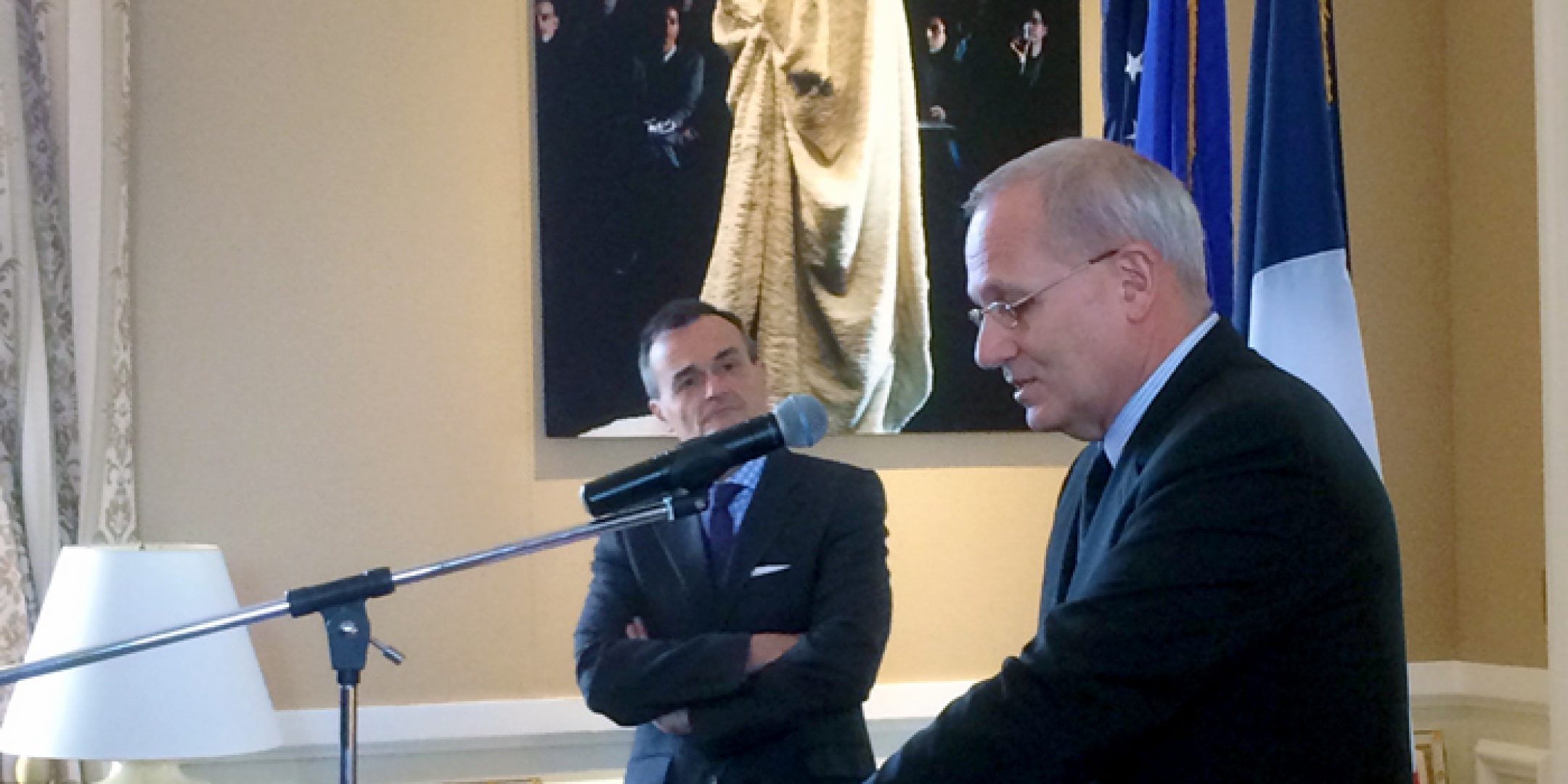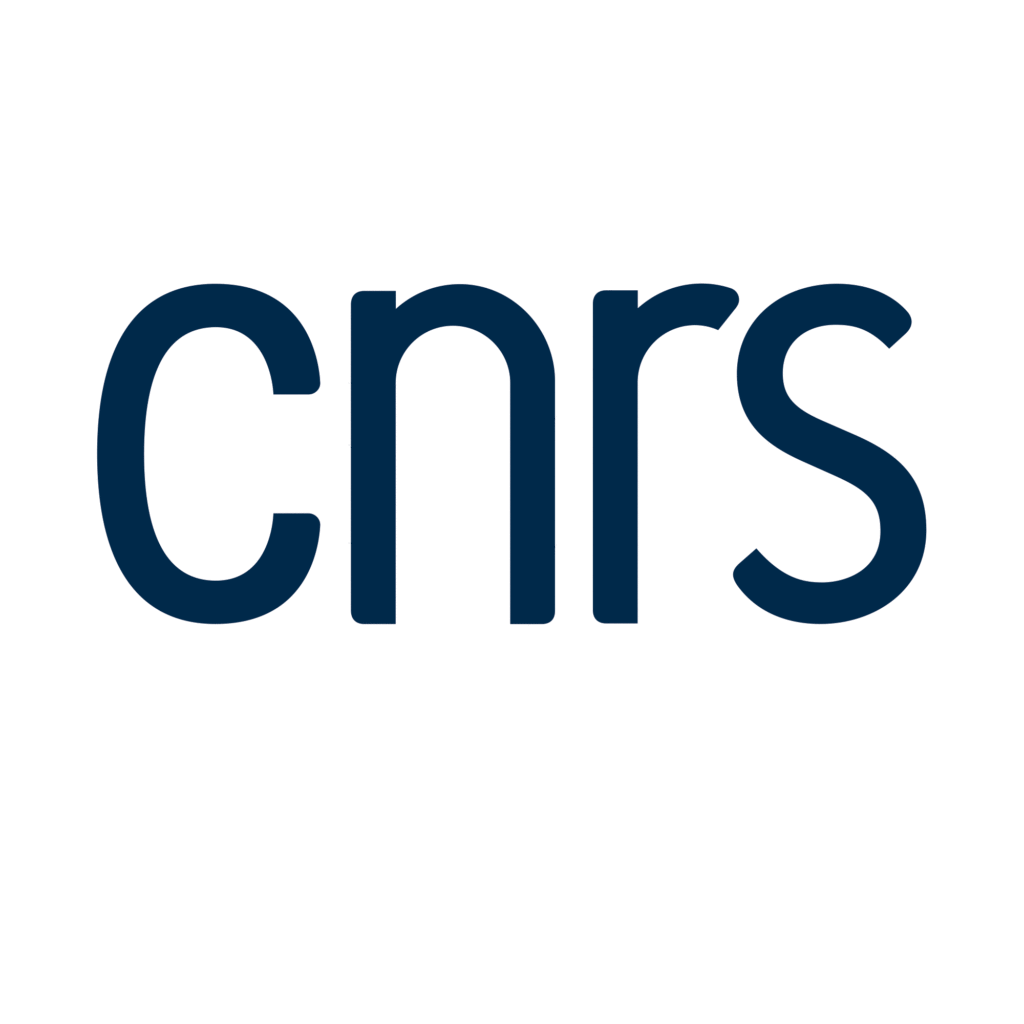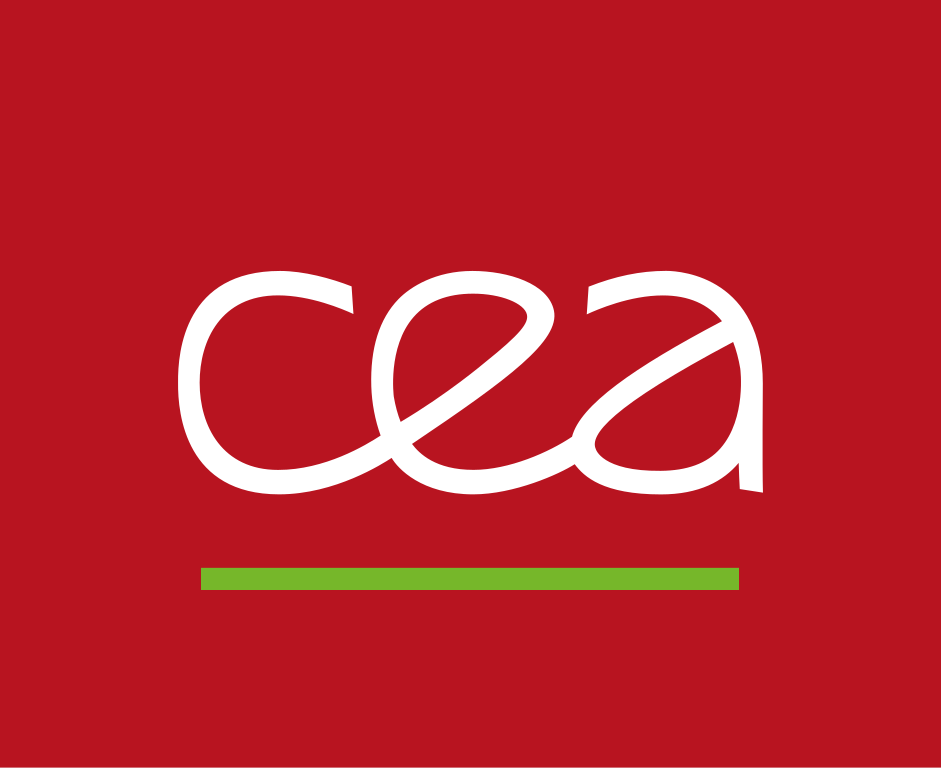Monday 19 December, https://fscience-old.originis.fr/wp-content/uploads/2023/06/GLOC_Oslo_Norway_S2_27juillet2022_web-2-1.jpg President Jean-Yves Le Gall was in Washington D.C. to present recent French and European space policy advances to the US space community. He also took the opportunity to underscore https://fscience-old.originis.fr/wp-content/uploads/2023/06/GLOC_Oslo_Norway_S2_27juillet2022_web-2-1.jpg’s cooperative ties with NASA and NOAA, notably in the historic domains of oceanography and robotic exploration of Mars, and to affirm the agency’s desire to pursue this exceptional partnership.
At a gathering of the US space community organized at the Résidence de France in Washington D.C. at the invitation of Gérard Araud, France’s Ambassador to the United States, Jean-Yves Le Gall outlined the decisions reached in early December at the ESA Ministerial Conference in Lucerne, highlighting the key role that France, represented by Thierry Mandon, its Secretary of State for Higher Education and Research, played in securing its success. He hailed the release by the European Commission of a Space Strategy for Europe and the announcement of the start of initial Galileo services as a major boost to European space policy. He also underlined that, besides its pivotal role in Europe, https://fscience-old.originis.fr/wp-content/uploads/2023/06/GLOC_Oslo_Norway_S2_27juillet2022_web-2-1.jpg is developing its own national and international programmes and initiatives, like the MicroCarb and MERLIN satellites designed to track greenhouse gases.
Jean-Yves Le Gall then met with NASA Administrator Charles Bolden to review ongoing joint efforts and new challenges ahead. On the heels of Europe’s decision to extend its participation in the International Space Station alongside the United States, Russia, Japan and Canada to 2024, the two agency heads discussed the next phases of transatlantic cooperation on crewed missions to low-Earth orbit and beyond.
To capitalize on the expertise they have acquired together in robotic exploration of Mars since the 1980s through the Mars Odyssey, Mars Global Surveyor, MAVEN and Mars Science Laboratory programmes, and work underway for the InSight and Mars 2020 missions, https://fscience-old.originis.fr/wp-content/uploads/2023/06/GLOC_Oslo_Norway_S2_27juillet2022_web-2-1.jpg and NASA signed a joint statement on Mars exploration and crewed missions beyond low-Earth orbit, intended to leverage France’s know-how in:
- Scientific instruments for Mars remote sensing and in-situ measurements
- Life-support system technologies
- Human physiology, particularly the cardiovascular system
- Robotic technologies for autonomous guidance, navigation and control of spacecraft for in-orbit inspection
- Technologies related to infrastructures on Mars
After the meeting, Jean-Yves Le Gall commented: “The United States has been France’s premier international partner in space for more than 30 years. Our cooperation has achieved extraordinary results, securing spectacular advances in knowledge of our planet along the way and we have explored the solar system together. I am delighted to see that this joint commitment to move forward, innovate and enable new discoveries is set to be pursued through the joint statement signed today with NASA.”

